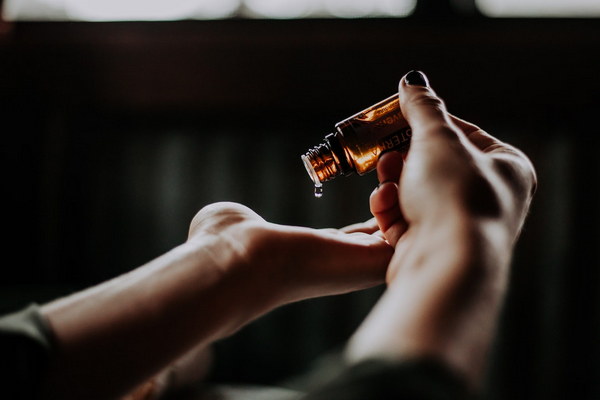Nurturing Your Liver A Comprehensive Guide to Liver Care Protection and Restoration
Introduction:
The liver is a vital organ responsible for filtering toxins, producing bile, and regulating metabolism. With its numerous functions, it is crucial to take care of this powerhouse. This article delves into the essential steps for liver care, protection, and restoration to ensure optimal health.

1. Nutrition:
A balanced diet plays a significant role in liver health. Here are some tips to incorporate into your daily routine:
a. Increase your intake of antioxidants: Consuming foods rich in antioxidants, such as berries, dark chocolate, and green tea, can help neutralize free radicals and protect the liver from oxidative stress.
b. Include fiber-rich foods: Foods high in fiber, like fruits, vegetables, and whole grains, can help eliminate toxins and improve liver function.
c. Avoid excessive alcohol: Alcohol is a major contributor to liver damage. Limit your alcohol intake or consider alternatives like non-alcoholic beverages.
d. Incorporate omega-3 fatty acids: Foods like fish, flaxseeds, and walnuts are rich in omega-3 fatty acids, which have been shown to reduce inflammation and support liver health.
2. Hydration:
Staying hydrated is crucial for liver function. Drinking plenty of water throughout the day helps flush out toxins and supports the liver's detoxification process.
3. Regular exercise:
Engaging in regular physical activity can improve liver function and reduce the risk of fatty liver disease. Aim for at least 30 minutes of moderate exercise, such as walking, cycling, or swimming, most days of the week.
4. Avoiding harmful substances:
Limiting exposure to harmful substances is vital for liver health. Here are some tips:
a. Reduce your intake of processed foods: Processed foods often contain harmful additives and preservatives that can put stress on the liver.
b. Avoid smoking: Smoking has been linked to liver damage and increases the risk of liver disease.
c. Limit exposure to environmental toxins: Use protective gear when handling hazardous substances and avoid exposure to air pollution.
5. Stress management:
Chronic stress can negatively impact liver function. Practice stress-reduction techniques such as meditation, deep breathing exercises, and yoga to maintain a healthy liver.
6. Regular health screenings:
Schedule regular health check-ups to monitor your liver function. Blood tests can detect liver enzymes, bilirubin levels, and other markers of liver health.
7. Supplements:
Certain supplements can support liver function and promote healing. Consult with a healthcare professional before starting any new supplement:
a. Milk thistle: This herbal supplement is known for its liver-protective properties and has been used for centuries to support liver health.
b. Alpha-lipoic acid: This antioxidant helps improve liver function and has been shown to be beneficial in treating liver disease.
c. N-acetyl cysteine (NAC): NAC is a precursor to the antioxidant glutathione and can help protect the liver from oxidative stress.
Conclusion:
Taking care of your liver is essential for overall health. By adopting a balanced diet, staying hydrated, engaging in regular exercise, avoiding harmful substances, managing stress, and seeking regular health screenings, you can support your liver's function and reduce the risk of liver disease. Remember to consult with a healthcare professional before making significant changes to your diet or starting new supplements.









